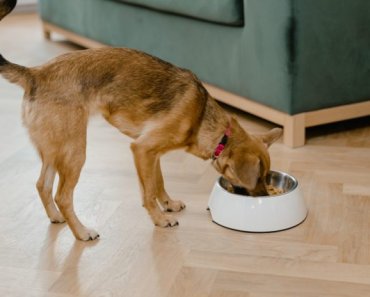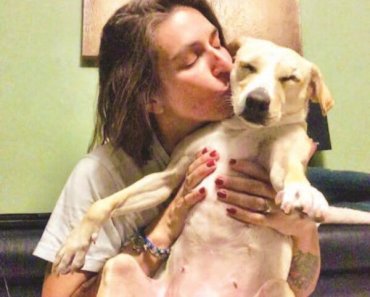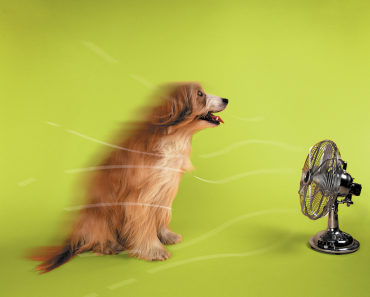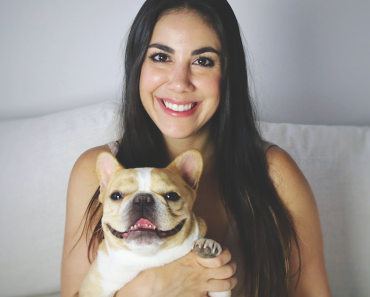Your pet’s dental health is no less important than your own. Do not ignore your pet’s dental health as poor dental health can give way to other more dangerous health problems.
But that is not all, poor dental health can also be a sign of a bigger issue, so catching it early can save your pet’s life.
Get a veterinarian to check your pet’s teeth and gums at least once a year and provide the necessary care regularly yourself.
Don’t let your pets fall victim to the common myth that cats and dogs have self-cleaning teeth. It would have been true if they were not leading a domesticated life, but their natural source of flossing which was their prey has now been completely removed from their life.
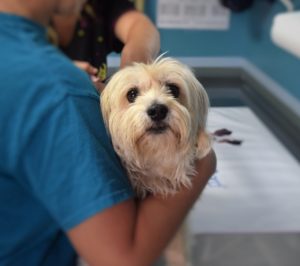
So, to ensure that your pet has proper oral hygiene familiarize yourself with what is pet dental health and what you can do to ensure your pet’s dental health is not neglected.
Understanding Veterinary Dentistry
Anything ranging from the cleaning, filing, adjustment, repair, to extraction, can be filed under veterinary dentistry. Only a board-certified veterinary dentist or a veterinarian is allowed to perform these procedures on your pets.
When examining your pet’s teeth and gums, the veterinarian might often suggest radiographs to ensure that the jaw and tooth roots of your pet are healthy. Special attention is given to the space below the gumline as diseases often sprout here and they are impossible to identify unless through an x-ray.
If this area shows signs of disease or infection, the veterinarian will advise a thorough dental cleaning while your pet is put under anesthesia. This procedure is very similar to the one given to humans where the teeth are scaled to remove dental plaque and tartar and then polished.
What Are The Signs That Your Pet Might Have Poor Oral Health?
There are a plethora of reasons that could indicate that it is time to take your pet to the veterinarian. If you identify any of the following signs in your pet, get their teeth checked immediately:
- Damaged teeth
- Poor breath
- Discolored/yellowed teeth
- Multiple teeth at one place indicating retained baby teeth
- Dropping food while chewing or chewing abnormally
- Excessive drooling
- Showing signs of pain in or around the mouth
- Diminished appetite or denying food
- Swollen areas surrounding the mouth
- Bleeding
You should not, however, wait for one of these signs to appear before taking your pet for a routine dental checkup. Even something as small as behavioral changes like irritable deportment can indicate problems.
You should get your pet’s teeth checked at least once a year. Always maintain caution when examining your pet’s mouth, because if they are in pain, you might suffer a bite.
What Are The Causes Of Your Pet’s Poor Dental Health?
Many of the dental problems faced by your pets are similar to what you would face. Following are some of the reasons that can cause poor oral health of your pet if not checked:
- Damaged teeth and roots
- Gum disease
- Infection or presence of abscesses
- Presence of cysts or tumors in the mouth
- Misaligned jaw or teeth
- Fractured jaw
- Palate defects (such as cleft palate)

Gum infections and disease are the most common dental problem faced by pets. Statistics show that periodontal diseases affect over 87% of dogs and 70% of cats over three years of age.
Preventive measures need to be taken before the disease sets roots as due to its cyclical nature, once present its hard to get rid of. Further, if not detected early and treated this disease can start affecting your pet’s other organs as well such as the liver, kidney, and heart muscle.
You can identify the early onset of periodontal disease at home itself. Be vigilant about the amount of plaque on your pet’s teeth and do not let it harden into tartar. Tartar above the gumline is not as big of a problem as below the gumline as it is difficult to see and remove.
Once set, it can start causing infection and damage to the jawbone and the connective tissues.
Get your pet’s teeth cleaned periodically to avoid periodontal diseases.
Should You Allow The Doctor To Put Your Pet Under Anesthesia?

You do not need to be afraid when the veterinarian advises that your pet be put under anesthesia for a procedure. It is recommended for the safety of your pet as well as the veterinarian examining your pet.
Unlike us humans, your pet doesn’t understand that the doctor is trying to help them. So, any discomforting techniques the doctor uses such as a little pressure or an injection will agitate your pet and they might move and try to escape, which may cause them further harm.
What’s more, is that they may try to bite the person handling them, so it is best for everyone if your pet is unconscious while a procedure is being performed.
Under anesthesia, your pet will not feel the stress or pain that a dental procedure may cause them. It also allows the procedure to be completed to perfection as your pet will not be restricting the movement of the veterinarian.
Everything ranging from teeth cleaning to radiographs can be done with little to no harm to your pet under sedation. However, some risks are there but they are nothing compared to the benefits of anesthesia.
You can even take your precious pet home after the procedure is completed. They may remain a little out of it for some time due to the sedation but their health will remain intact.
Easy Steps You Can Take At Home To Ensure The Good Oral Health Of Your Pet?
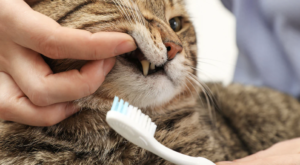
The most basic and simple thing you can do for the best upkeep of your pet’s dental health is to regularly brush their teeth. This will help avoid the accumulation of plaque on their teeth which is the root cause of most dental health problems in pets.
However, do not presume that you brushing their teeth at home will suffice. You still should take your pet for deep dental cleaning at least once a year.
Ideally, you should brush your pet’s teeth at least once a day. But more realistically, you should consider brushing their teeth at least 2-3 times a week.
It is easier to train dogs to accept brushing but cats can be difficult to get into the habit of getting their teeth brushed. Be patient with them, with a little training, love, and treats they will soon accept the brushing as well.
You must select the right dental-care products for your pets and always make sure that you never use human products on them because it can be dangerous for them. Ask your veterinarian for recommendations regarding dental products. Even check with them for acceptable diets and treats that will not cause harm to your pet’s teeth.
Conclusion
Your pet needs as much dental-care as you. You must understand why it is important to take your pet for dental checkups and get them treated. So, show your love to your pets by taking them to the veterinarian even if they try to scratch and bite their way out of it.
Look out for common symptoms to catch early onset of the disease so it can be prevented or cured at an early stage so your pet can enjoy a happy and healthy life and provide you with companionship for a long, long time.
Author’s Bio:
Aditya Sharma
The co-founder of Hiration and proud parent of three dogs. What time Aditya finds when he is not assisting people to find their dream jobs, he spends playing with and caring for his dogs.
Enjoy the article? Subscribe to EntirelyPets to stay up to date on everything pet related!

